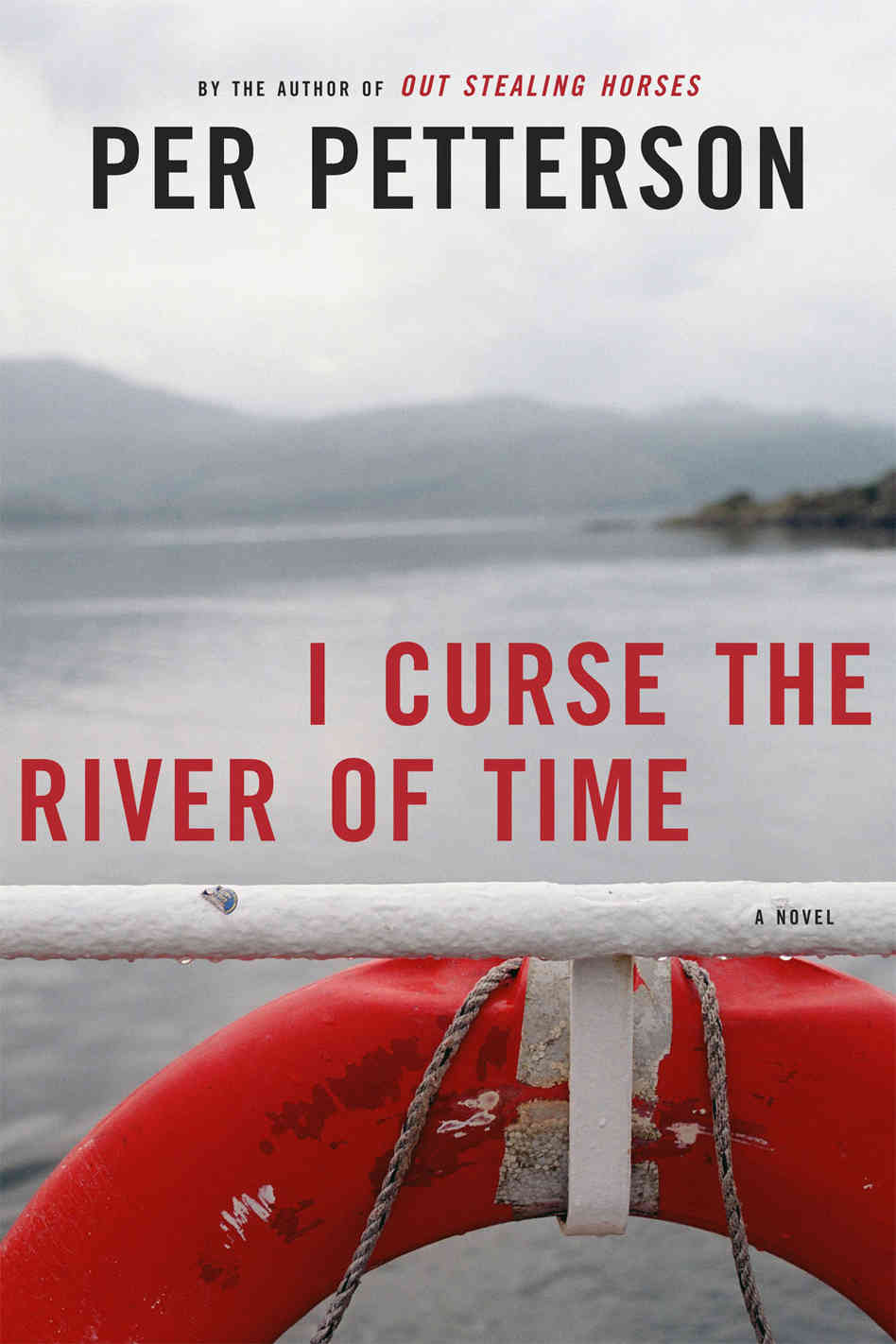Per Petterson
Tyson Morgan
Feb 26, 2013
I'm going to use my blogging opportunity to plug the Norwegian novelist Per Petterson. Spring's coming, and what better way to usher in the season than with some melancholic Nordic fiction? You probably don't need publicity if James Wood just did a piece on you in the New Yorker, but I'm still amazed that, at least given the people I've talked to, Petterson remains a relative secret here in the U.S. Which is why I'm going to gush for a while. I encountered Petterson himself before his work, at a reading he gave at the Guthrie Theater in Minneapolis a couple of years ago, an event that kicked off the U.S. tour for his latest novel, I Curse the River of Time. I bought the book, then consumed his other four novels--his other four available in English, at least--like breakfast cereal. I was completely taken by the intimacy with which his narrators relate their stories. Like Junot Díaz's Yunior, Petterson's narrators sound as though they're telling you a story from across a small kitchen table, and you two are the only ones in the room. His narrators speak in simple, speeding sentences that have a hushed, urgent feel. They're to the point, but hum along more briskly than Carver's or Hemingway's, and are typically gentler. For instance, this one from Out Stealing Horses:
I was completely taken by the intimacy with which his narrators relate their stories. Like Junot Díaz's Yunior, Petterson's narrators sound as though they're telling you a story from across a small kitchen table, and you two are the only ones in the room. His narrators speak in simple, speeding sentences that have a hushed, urgent feel. They're to the point, but hum along more briskly than Carver's or Hemingway's, and are typically gentler. For instance, this one from Out Stealing Horses:
That bus worked a stopping routine I never understood, but it certainly did stop often, and sometimes I slept on the hot seat in the baking sun, and when I woke up again and looked out the window, it seemed we had not gone a milimeter further, for what I saw was the same view I had seen before I fell asleep; a winding gravel road with fields on both sides and farms with white-painted homesteads and red-painted barns, and some were small and some were larger, and the cows behind the barbed-wire fences next to the road lay in the grass chewing the cud with half-closed eyes in the sunshine, and almost all of them were brown and only some had patches of white on brown or black, and then the forest behind the farms with its shades of blue rising to an unchanging ridge.This intimacy extends to the atmospheres of his stories, even though they're often bleak. A Danish fishing town in winter, a factory in Oslo--the intimacy with which Petterson renders these settings gives them a kind of warmth. The same goes for the characters. They seem like quiet, hard Scandinavian stereotypes, but they're real individuals because they're so specific, and because Petterson is not afraid to dip into their thoughts.
 |

Comments (0)
Add a Comment